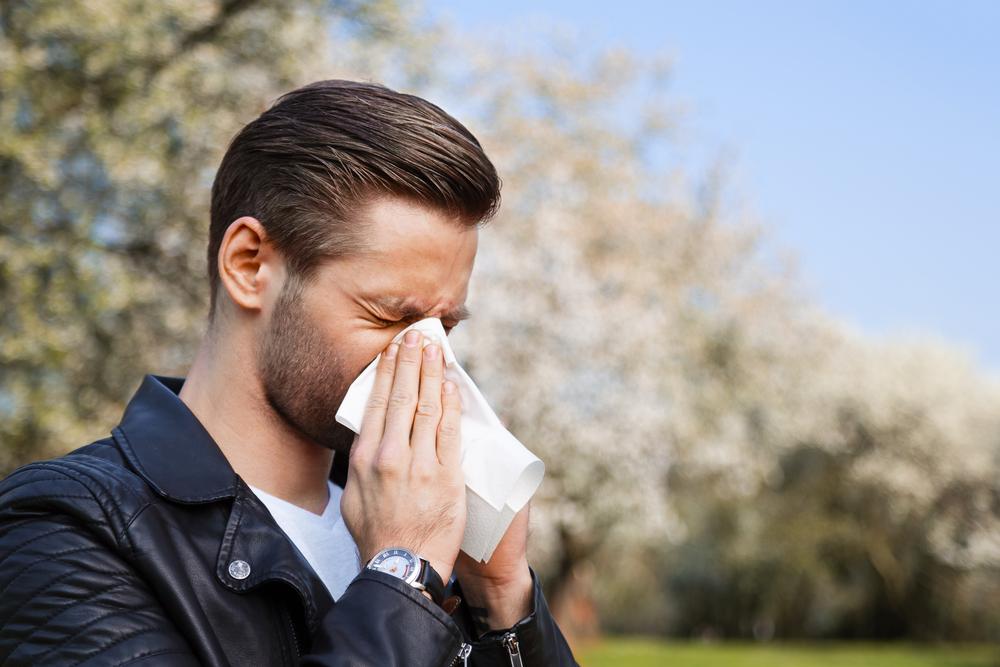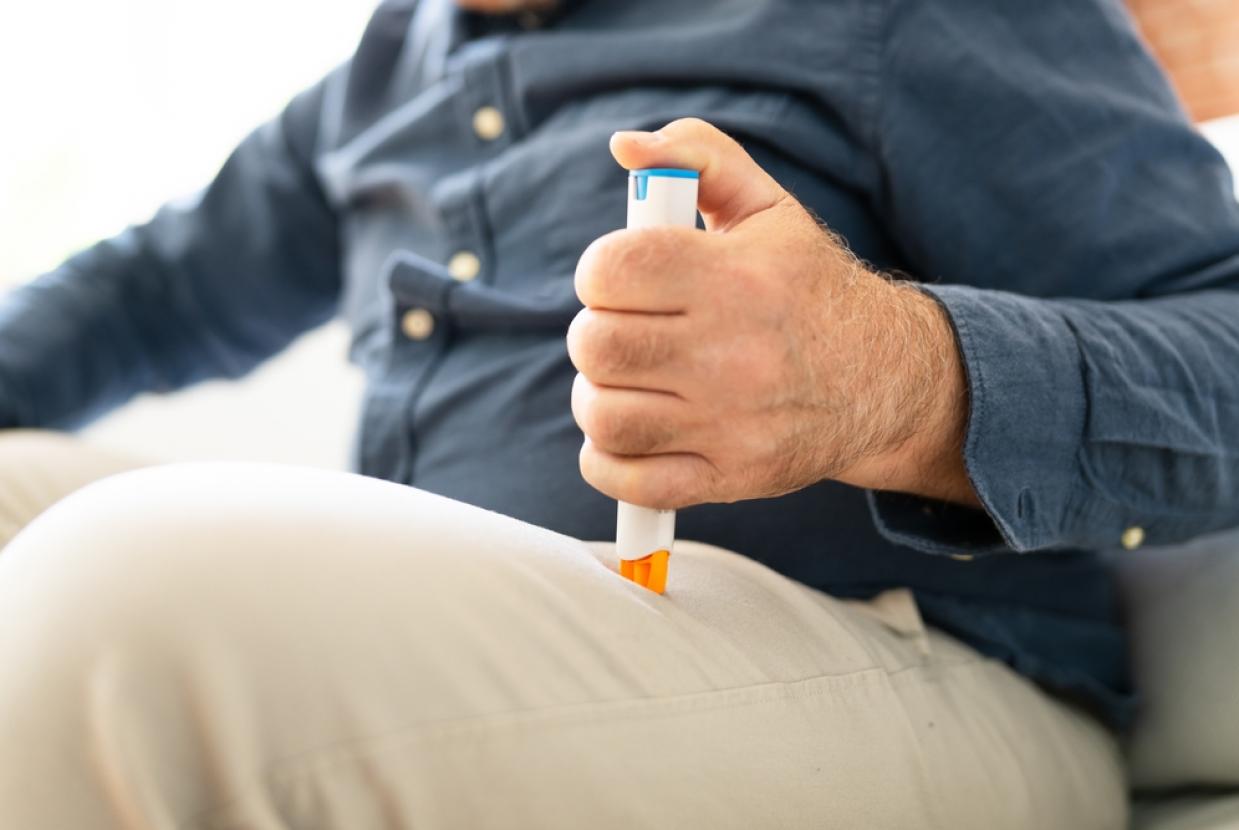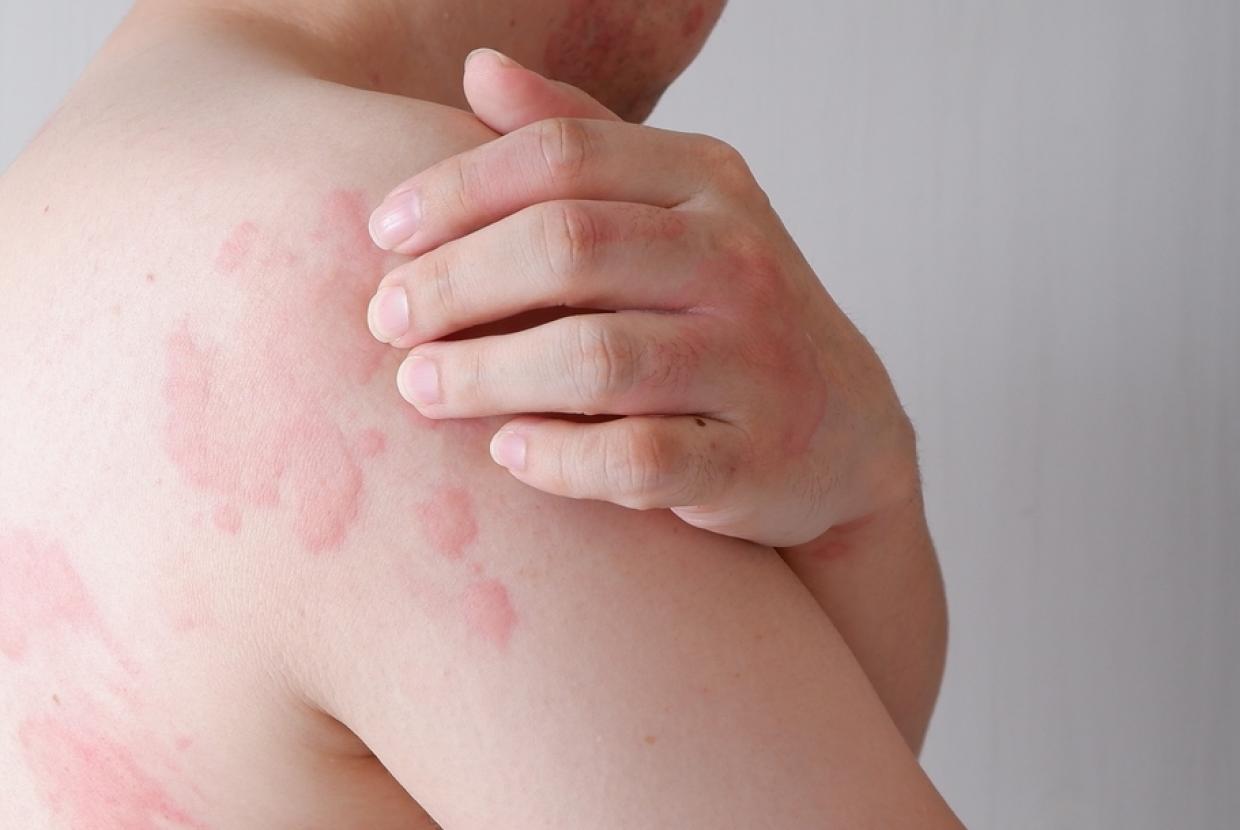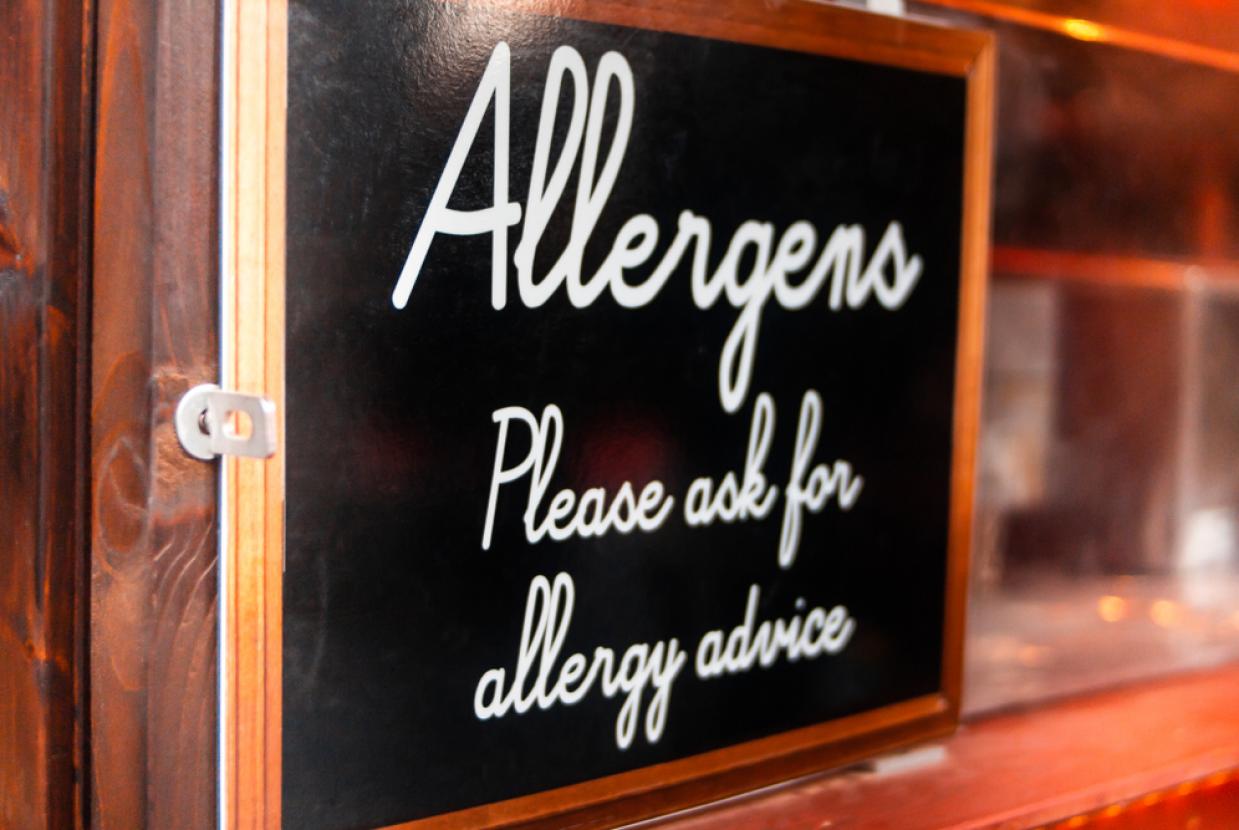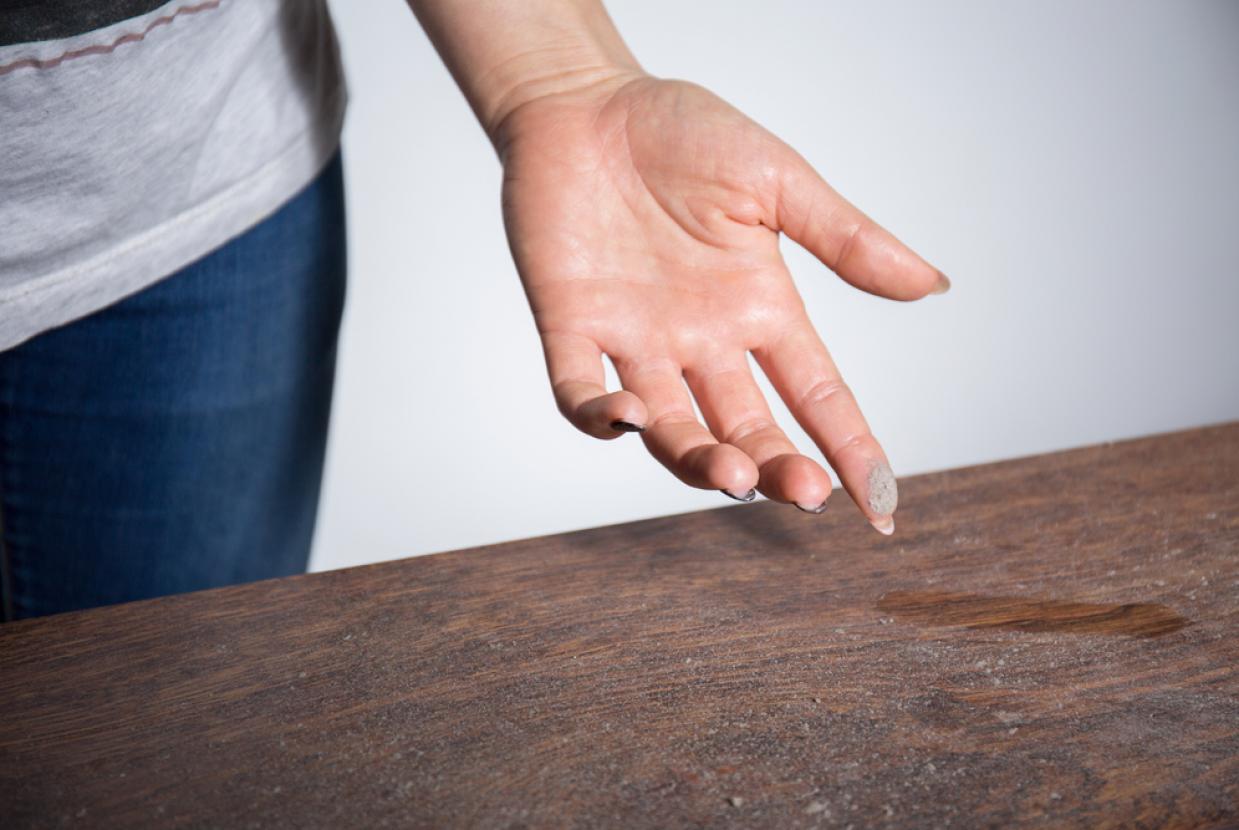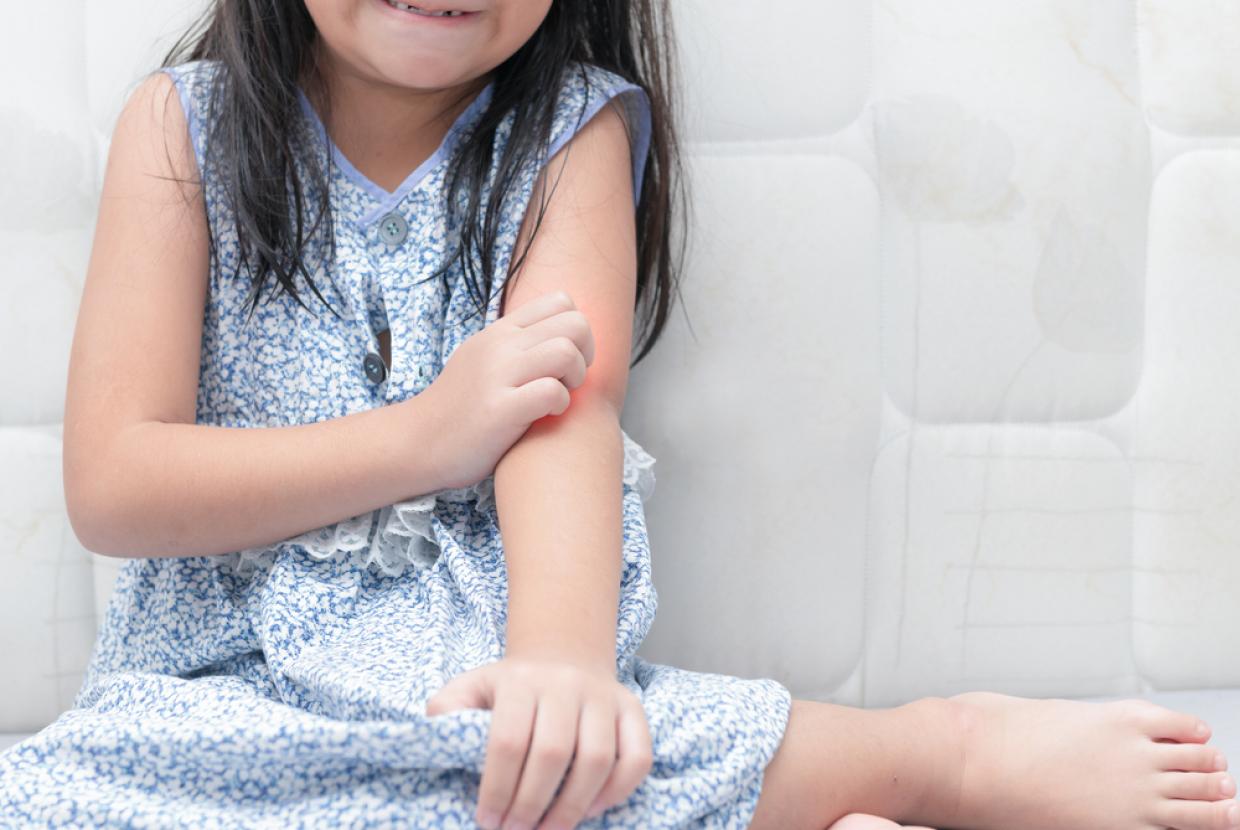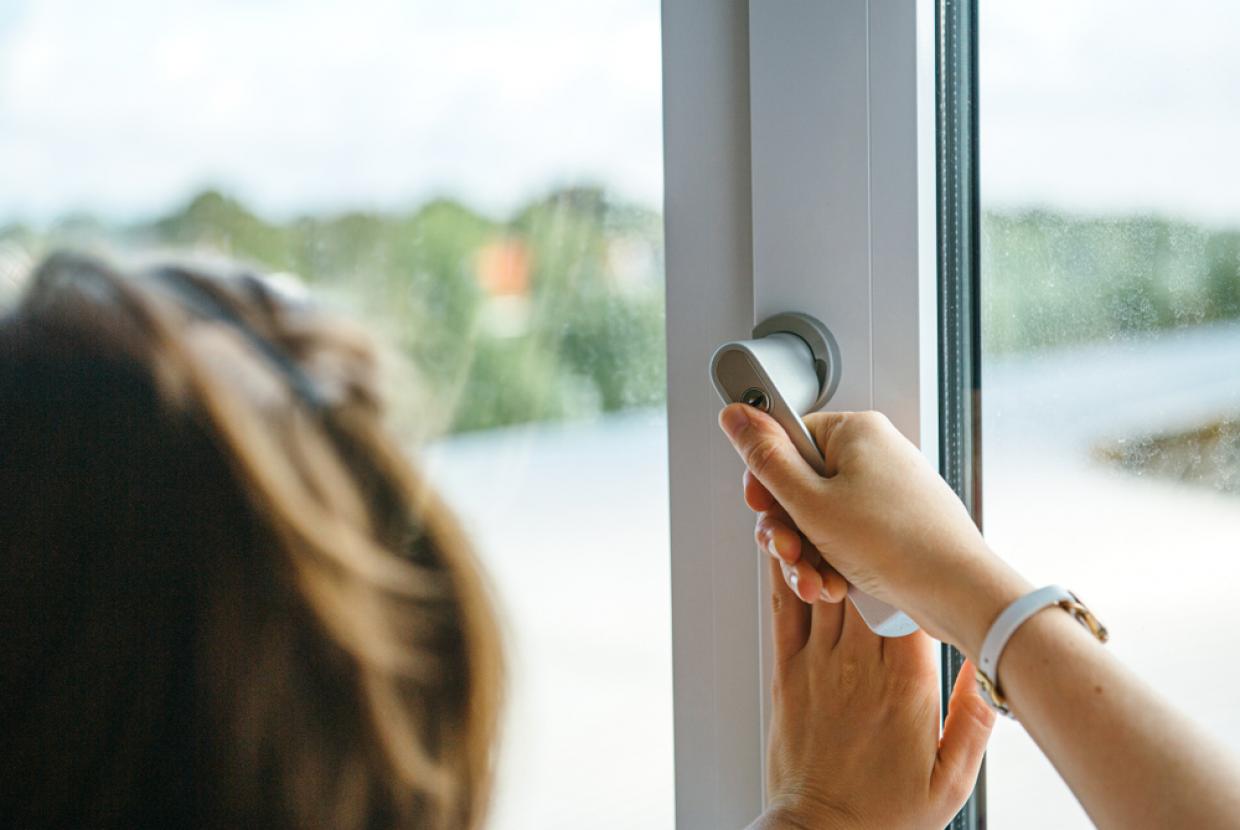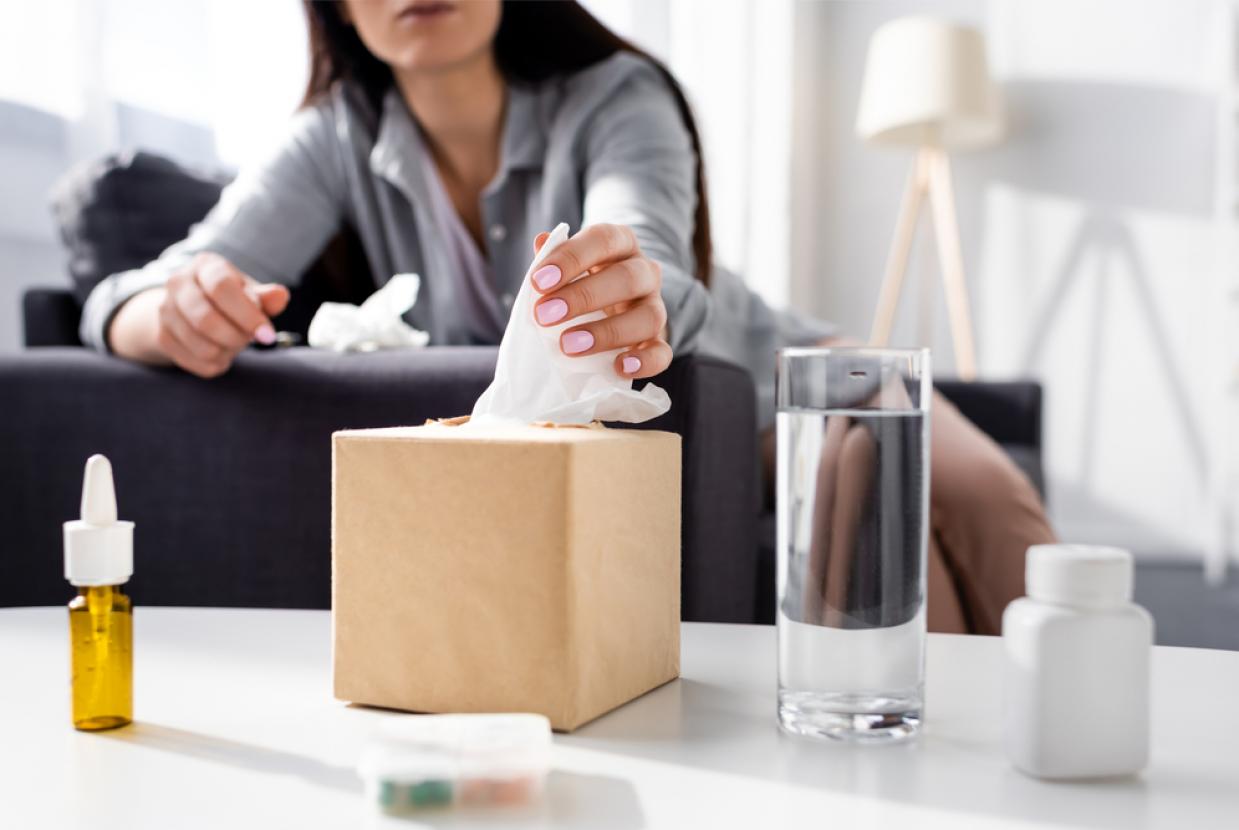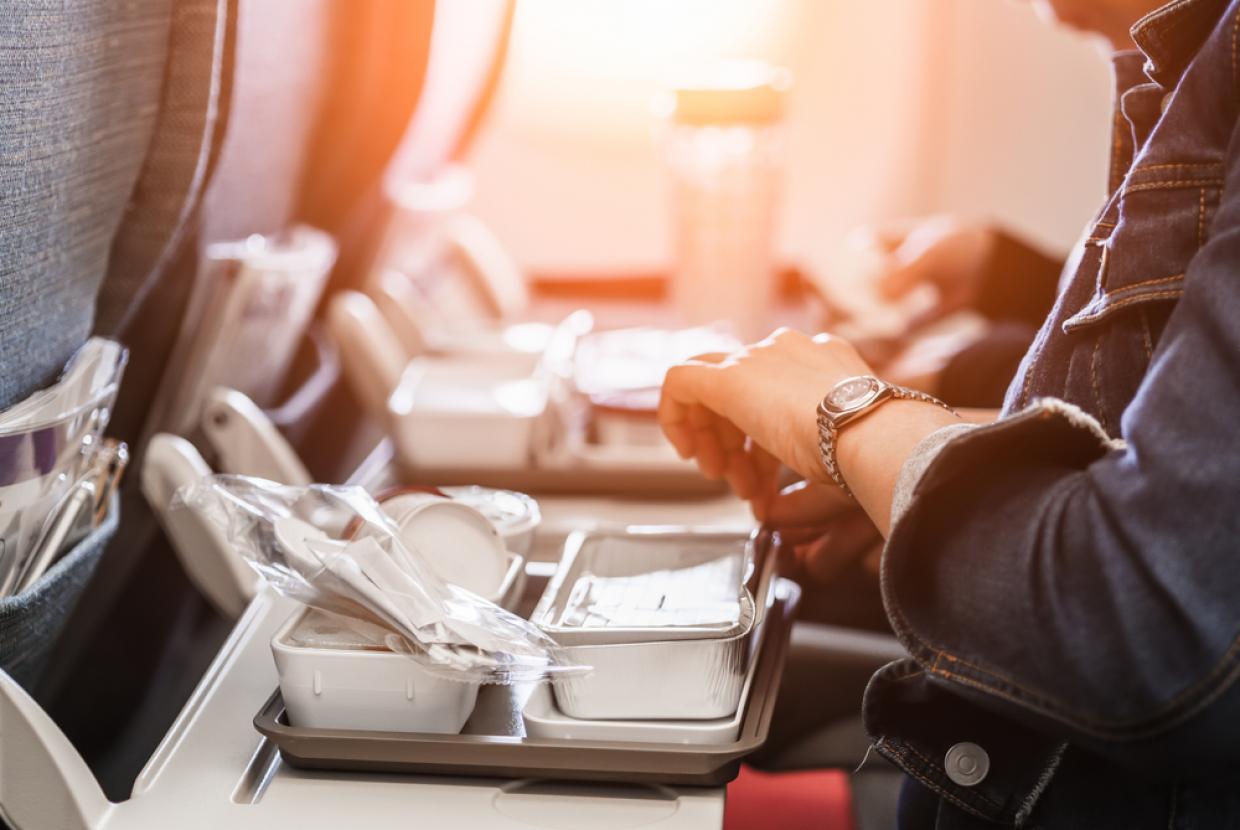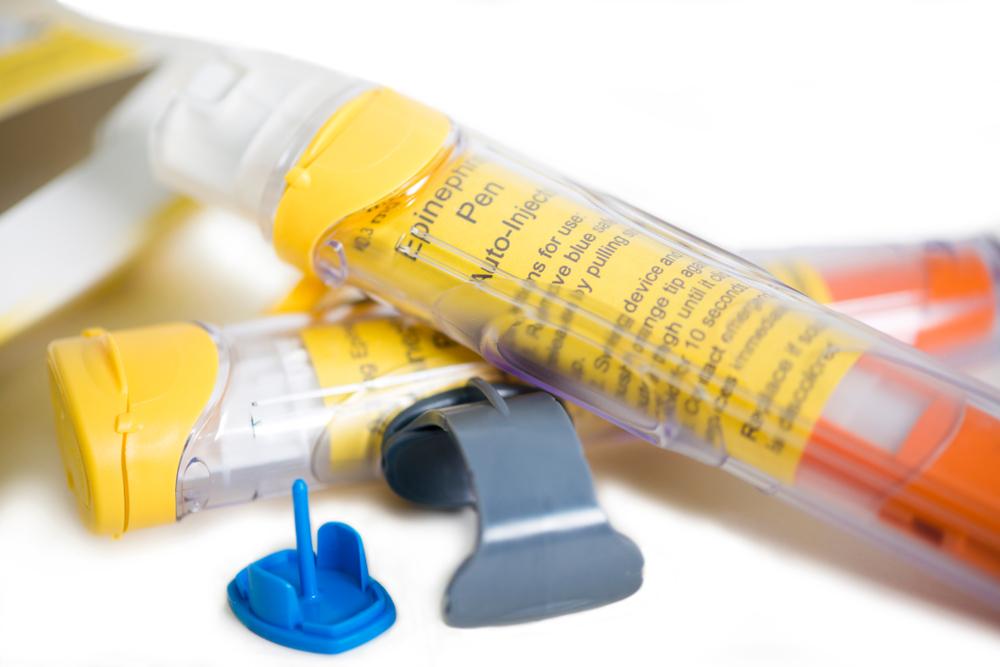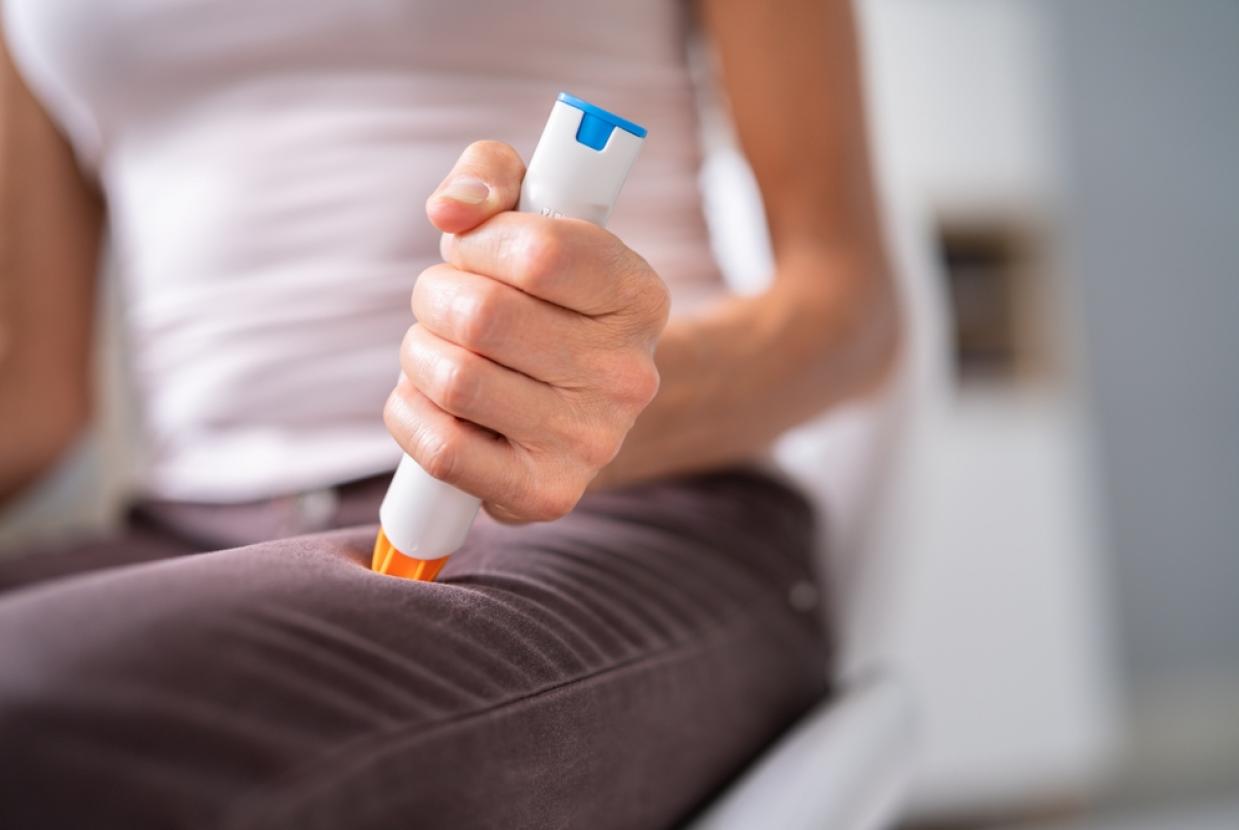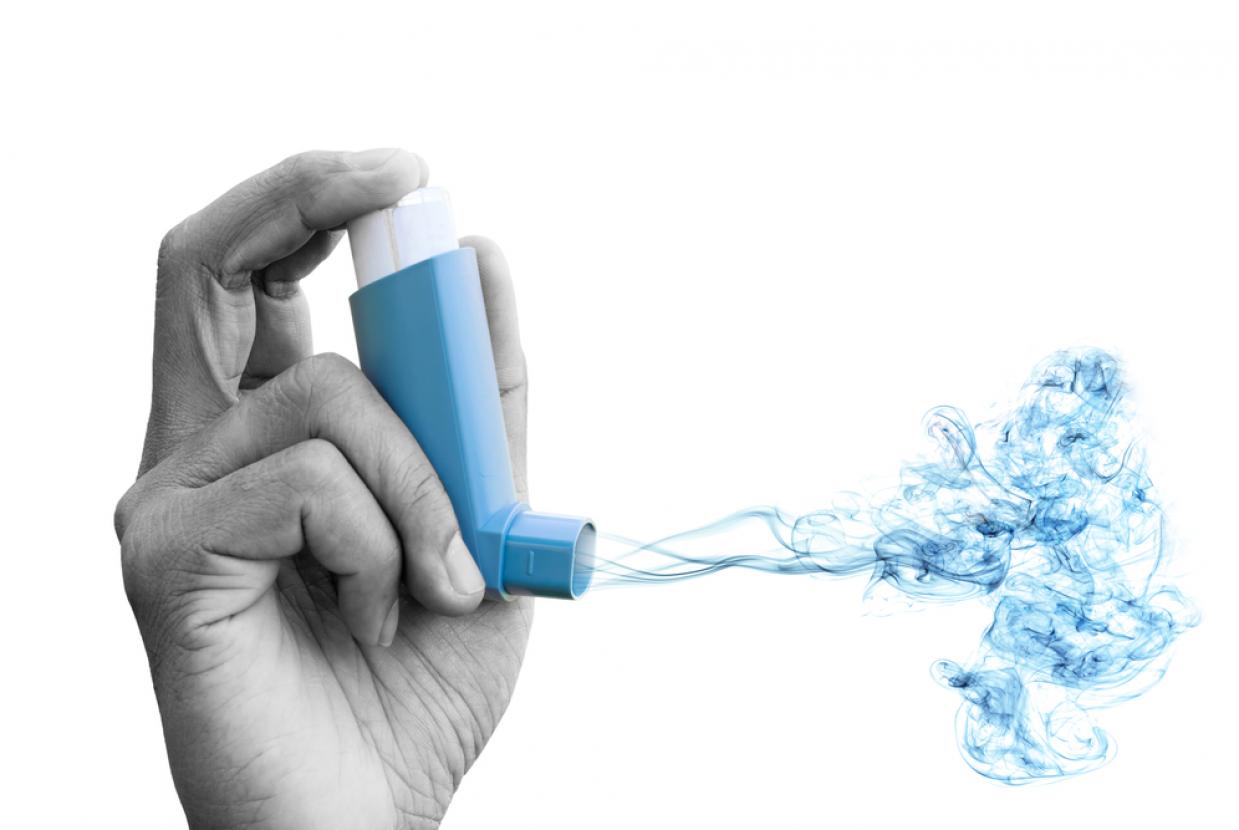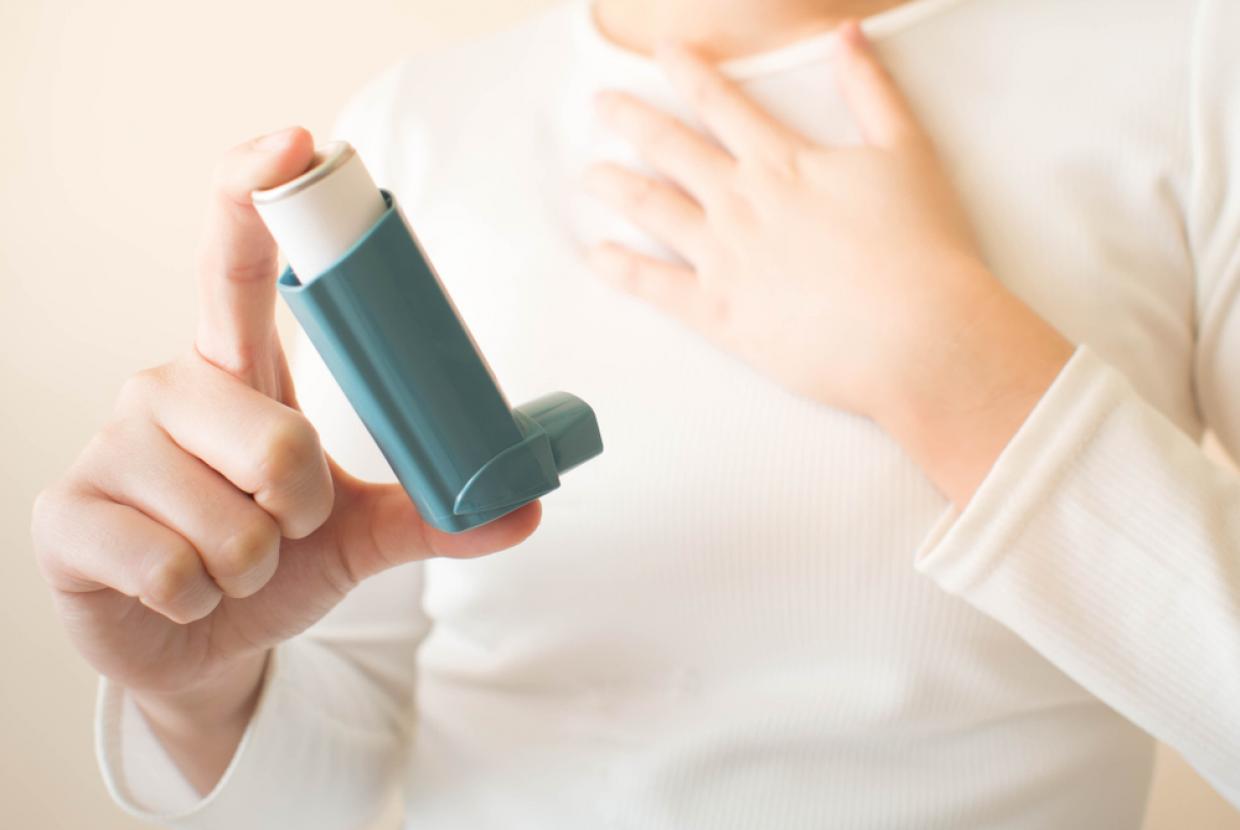At School
In the UK, 40% of children have been diagnosed with an allergy. At Allergy UK we understand that when starting at a new school it can be a very daunting experience for both the child and the parent.
Having confidence in the school’s capability to effectively care for your child and their allergy can go a long way toward making the student and their parents feel more prepared for September.
Telling the school about your child’s allergy
Book an appointment to discuss your child’s allergy with the head /class teacher. It is vital you take written and detailed information about their allergy as well as a written management plan. Remember to discuss with teachers any potential allergens, both inside and outside the classroom, such as activity lessons, school trips, games, and physical education.
Adrenaline-Auto Injectors and medication at school
If your child has a severe allergy, it is essential to provide the school with two Adrenaline-Auto Injectors (AAIs) as well as any other allergy medication your child may need. All medication should be in date and expired ones should be replaced. Medication should be kept with your child at school and not locked away where it is not easily accessible. In an anaphylactic reaction, seconds count.
When your child is younger, ask for their medication to be passed between activity to activity if they change classrooms at all. When your child is old enough, they can carry it with them in their bags. Any teacher or staff member in contact with your child should be trained to use all Adrenaline-Auto Injectors, if this is not currently the case, training will need to be organised/provided. It will also be beneficial to check if the school has spare Adrenaline Auto Injectors on site.
All members of staff who would supervise your child at any time should be aware of the warning signs of an allergic reaction.
Talk to your child about allergies
We understand that often for younger children, it may be difficult for them to understand their allergies and how to avoid potential triggers. When your child suffers from allergies, as parents or carers, you can ensure their home is as safe as possible, keeping allergens out of the home as much as possible. When starting a new school, in an unfamiliar environment, this is not always as easy.
Before school starts in September be sure to talk through potential allergy triggers at school, such as not eating or sharing food with a classmate. Along with teaching children to understand what symptoms to expect if they are having an allergic reaction. It is also vital that children with allergies are instructed to tell an adult or teacher immediately if they believe they have been in contact or ingested an allergen. Once your child has settled in, encourage them to openly talk about their allergies with a close friend and/or teacher, so others in the classroom are aware of what to do if a reaction occurs.
School meals/catering
During your meeting with the school, discuss what current processes are in place with minimising risk to children with food allergies. You can then raise any concerns you may have and make any suggestions about how your child, and any others with food allergies, can be kept as safe from risk as possible. If you are planning for your child to eat school dinners, you may also want to organise a meeting with the catering team. It may be beneficial to provide the team with a copy of your child’s management plan. In addition, ask if there is a specific member of the catering staff who will help your child each day and give them the required ‘safe’ prepared meal.
No nut policy
We do not recommend a ‘no nut policy’ in schools, as it is not possible to guarantee and enforce a nut free zone, as staff cannot monitor all lunches and snacks brought in from home. A free from environment creates a false sense of security and does not safely prepare children for environments where nuts may be present. The school would need to consider other children with different food allergies and it is not practical to restrict them all. Therefore, the school should have procedures in place to minimise risk of reaction via cross contamination.
School activities, birthdays and trips
It is essential that your child is included in all activities and trips outside the classroom. No students should feel isolated due to having an allergy. School activities such as cookery, art lessons and physical education could all have allergy risks for your child. Be sure to raise any concerns with the school and if it is recommended for your child not to participate, be sure to ask the teacher about alternative activities available to prevent your child from feeling left out.
For student birthdays, arrange for special snacks or birthday treats to be stored in a labelled tin for teachers to bring out when other children are celebrating a birthday. If you are made aware of any birthdays in advance, you may be able to send in your child’s own allergen-free cake. It is important that every trip, from day trips to short breaks are enjoyable for your child without any, or minimal risk of allergic reactions. Ensure all members of staff on the trip are aware of your child’s allergies, medication, and management plans.









